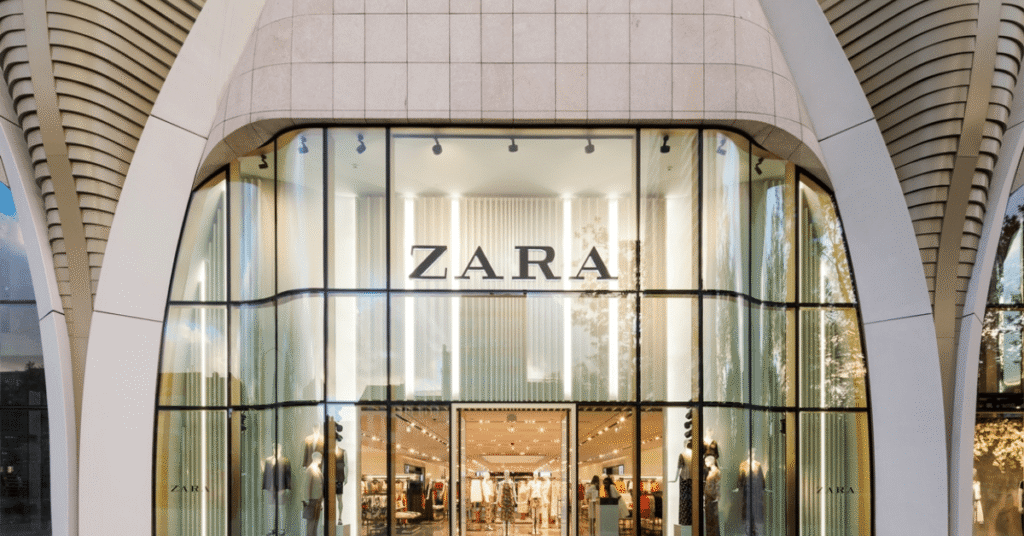
How to Start a Zara Franchise, Investment, Profit, and Royalty Fee in 2025
Zara is a store that is really popular across the world for its trendsetting collections, contemporary designs, and fast product turnaround. And so many aspiring entrepreneurs in India dream of setting up a Zara store because of its goodwill all over the world and the immense opportunity to really earn a huge profit. But since Zara really does not work like any typical franchise pattern, one should have a thorough understanding of the business before investing.

Business Model and Franchise Possibility
Inditex, the Spanish conglomerate, handles all operations of Zara worldwide. Zara India operates through a joint venture between Inditex and the Tata Group Company, Trent Limited. This, therefore, means that the brand does not offer franchise opportunities on an individual basis at present. Instead, all stores are owned by the company and run according to very rigid corporate guidelines to ensure the store retains quality and brand identity.
Investment and Setup Cost

Because of the brand premium, the investment would have to be huge for Zara to take up franchising. The cost of setting up a Zara store could be from ₹5 to ₹10 crore in one of the major Indian cities, depending on the size of the store, interior design, and location. The investment therefore takes into account high-end interiors, technology systems, recruitment of staff, inventory, and security deposits for leases at mall/high street locations.
Royalty and Profit Margins
Zara follows a fast-fashion model, meaning continuous product rotation and new stock introductions every few weeks. In a regular high-end retail franchise setup under a royalty arrangement, the revenues would be divided by 5-10 per cent of monthly sales, while Zara’s arrangement is not disclosed. High initial investment notwithstanding, with global appeal and constant demand afforded to the brand, profit margins could go as high as 20 per cent.
Return Expectation and Break-even

Monthly revenue of ₹1 crore to ₹3 crore cannot be excluded from the Zara store in a metro city. Thus, the owner, given good management and marketing skills, should recover his investment within two to three years. It will, however, largely be the footfall, location, and retained Zara shopping experience that will mark his success.
Conclusion
Owning a Zara franchise in India may not be feasible at present due to the joint venture model, but examining its operational standards and market performance can supply a big insight into luxury retail franchising. Entrepreneurs looking to achieve the same may, therefore, scout for some other high-fashion label that offers franchises on the lines of Zara.





